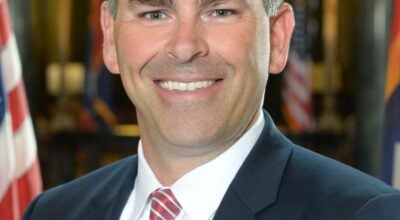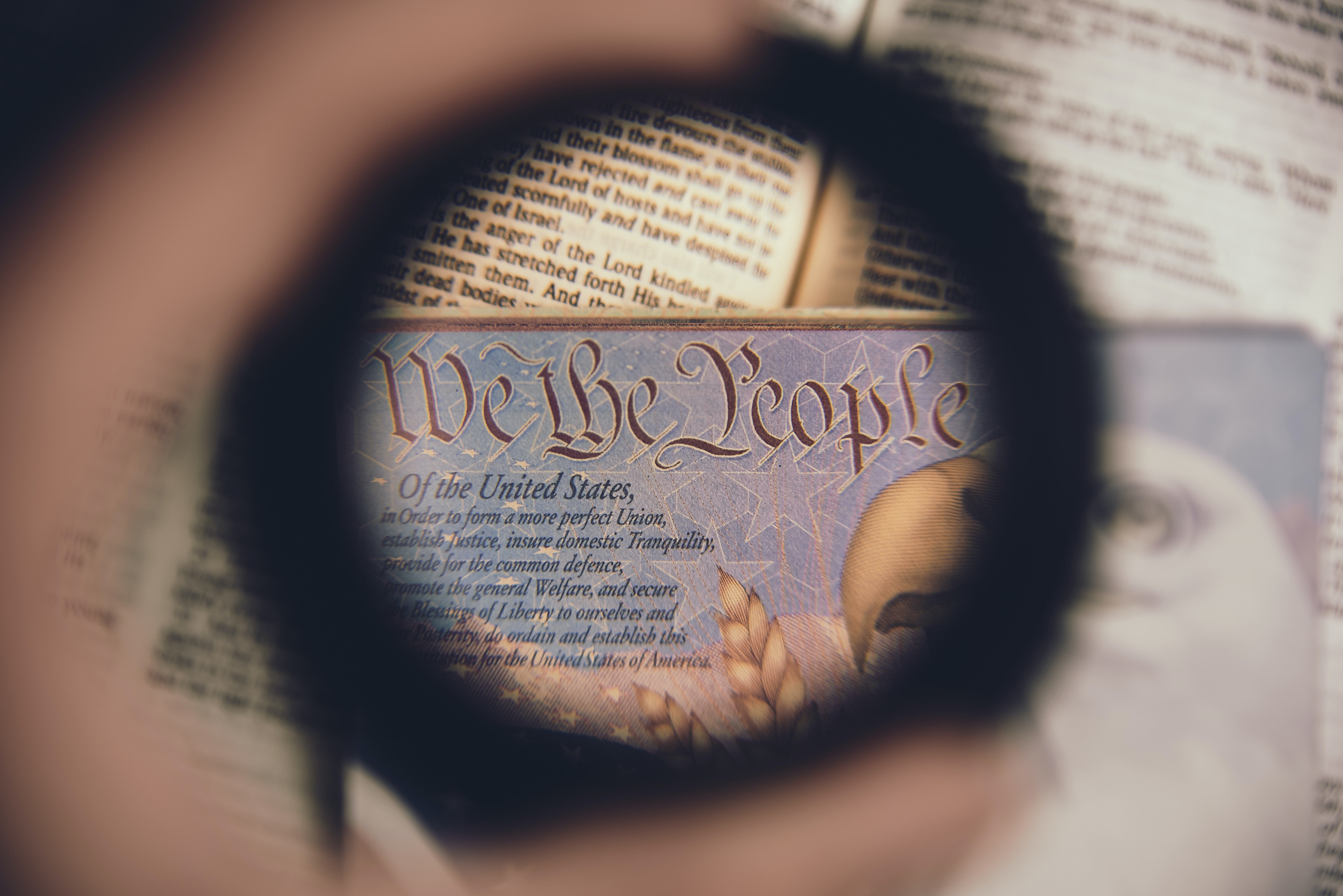We must remain secular
Published 12:00 pm Tuesday, July 19, 2016
In response to Preston Ray Garrett’s premise that “Christian principles are U.S. foundation” (The Oxford Eagle, July 14, 2016), I would argue that there is a significant difference between Christian principles and the Christian religion.
Christian principles are universal ethical principles espoused by most all major religions of the world: “Do unto others as you would have them do unto you,” “Care for the least of these,” “Love thy neighbor as thyself,” “Become a good Samaritan,” etc.
One should have no argument that these universal ethical principles are foundational in the establishment of our Republic, but historically Jefferson, Madison, Franklin, Paine, and others, considered themselves Deists, philosophically naturalists, greatly influenced by the enlightenment of the 18th century. Because of their aversion to state-sponsored religion and the “Devine Right of Kings” in Great Britain and Europe in general, the first words of the First Amendment clearly state that “Congress shall make no law respecting an establishment of religion” and further in article 6 “no religious test shall ever be required as a qualification to any office or public trust under the United States.”
The references to our Creator and God in the Declaration of Independence are generic and can refer to the definition of God in each person’s faith. The problem arises when we equate Christian principles with the Christian Religion; the latter should never be sponsored by the government (federal or state) anymore than Judaism, Islam, Hinduism or any other religious interpretation.
If government were to sponsor Christianity as a religion, that would, by definition, exclude all others; additionally which sect of Christianity should the government sponsor-Baptist, Catholic, Lutheran, Unitarian, Latter Day Saints? And in public schools, which God should be included in public prayer? What brand of Christian philosophy should be taught? If the government were to sponsor a specific religion this year, who’s to say a different religion and its unique traditions would not be displayed around the courthouse next year.
That is why it is so important that we remain a secular country, unattached to any religion, including Christianity, and that the government resolve to “make no law respecting the establishment of religion, or prohibiting the free exercise thereof.” That is the only way we can guarantee that each of us is free to worship his or her God as he or she chooses.
— Jeff Justis
Oxford




